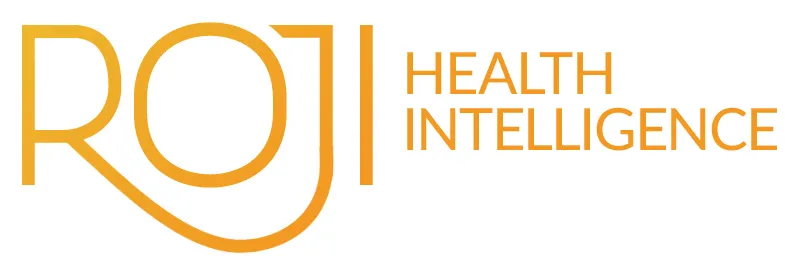Medicare’s announced primary care models will provide an interesting test of whether financially-motivated primary care practices (PCPs) can improve hospital utilization, the key outcome measure that will determine provider revenues under the pilot. While provider risk for costs of patient care is inevitable for most physicians in the future, providers don’t have the same potential […]
Can Provider Risk Cure High Medical Costs?
Fee-for-Service (FFS) has been on a slow march toward risk-based reimbursement for two decades. But FFS has proven to be remarkably resilient—until now. In the last six months, Medicare has doubled down on creating new provider risk models for ACOs, specialists and primary care physicians. All of them have methods to ensure that providers are […]
How Will New Primary Care Models Affect Providers in VBHC?
Embraced by some provider groups and disparaged by others, CMS’s five new payment models for practices focused on primary care include much to consider. All reflect a key departure of Medicare’s Value-Based Health Care (VBHC) efforts to date: they are direct efforts by Medicare to transition physician practice revenues to risk without the necessity of […]
Pathways to Success: How CMS is Encouraging ACO Participation Despite Impending Financial Risk
CMS closed 2018 with a farewell to upside-only ACOs. Perhaps the biggest surprise in the “Pathways to Success” Final ACO Rule is its consistency with the Proposed Rule, which floated the revamped ACO Track back in August. Citing superior performance among two-sided participants, as well as the belief that upside-only tracks reduce patient choice and […]
Ready or Not, Providers Will Face Risk Under ACOs or Medicare Advantage
In any other industry, companies work hard to interpret purchasing and regulatory trends, and adapt quickly in times of change. Swift action is a hallmark of competitive business; those that linger risk failure. Examples of business adaptation are everywhere: a move to digital applications that help consumers and other purchasers connect and build loyalty; acquisition […]
Proposed ACO Final Rule: 10 Essential Takeaways from “Pathways to Success”
The Final Rule for the Medicare Shared Savings Program (MSSP) Accountable Care Organization (ACO) has been released, the first real revision since the program’s inception. Introducing the proposed rule, CMS stated that it is time to put real ‘accountability’ in Accountable Care Organizations, and this means that ACOs need to accept financial risk. The theme […]
The Proposed 2019 Quality Payment Program (QPP) Rule: What You May Have Missed
Whoever said bureaucracy doesn’t foster change did not anticipate CMS’s Proposed Rule for the Quality Payment Program (QPP), 2019 performance year version, released on July 12. While the familiar overarching structure of MIPS remains, there are a number of revisions that activate newly developed policies. These include “Patients Over Paperwork” and “Meaningful Measures” efforts that […]
No More MIPS Cost Score Details? 5 Ways Providers Can Still Take Control of Costs
CMS is urging providers to participate in ACOs with downside risk, but they might be eliminating one of the keys that providers need to prepare. It couldn’t come at a worse time, when providers already stand to lose under risk-based models if they can’t identify where their cost issues lie. That data is only available […]
Medicare Paths to Value-Based Health Care: Which Way is Up?
If you’re scratching your head about the direction of Value-Based Health Care (VBHC) in Medicare, you’re not alone. The current mix includes a swirl of separate initiatives, some new and others recently re-labled. As CMS pushes toward VBHC, providers may feel confused and frustrated as concepts emerge that will affect multiple programs. Within the last […]
Tipping Point Test for ACOs: Consent to Financial Risk
Last week the conversation about financial risk for providers in ACOs took on a decidedly different and more contentious tone. After months of CMS reports of ACO growth and success, while retreating on MIPS quality reporting requirements as concessions to “provider burden,” CMS signaled that they were finished waiting for providers to accept financial risk […]










